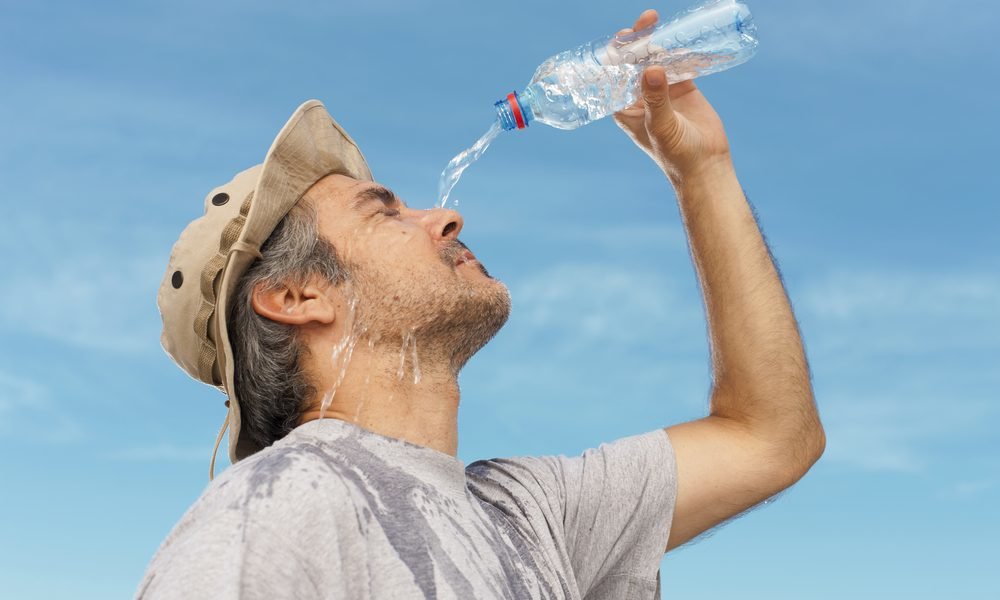
Learn more about Heat Exhaustion

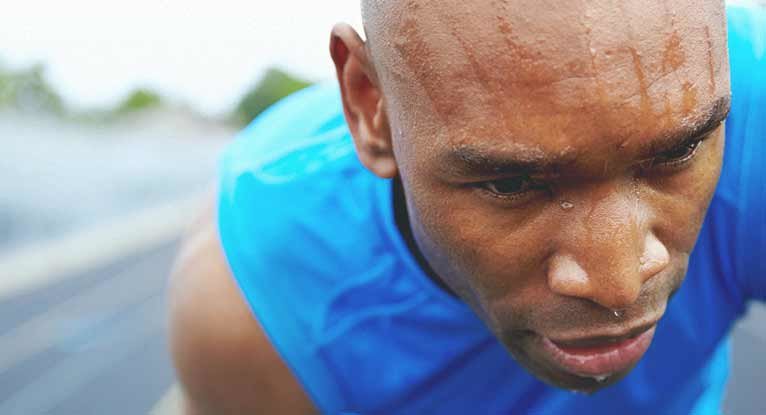
Risk Factors for Heat Exhaustion
If you are living in an urban area, you are highly susceptible to develop heat exhaustion during the prolonged heat wave, especially if there’s a stagnant atmospheric condition with poor air quality. It is known as “heat island effect,” concretes stores heat during the day and gradually releases it during the night, resulting in high night time temperatures.
Other risk factors related to heat-related illness may include:
- Age- Children and infants up to the age 4, and adults over 65 years are especially vulnerable since they adjust to heat comparatively at a slow pace than other people.
- Certain health conditions- It includes lung, heart, or kidney disease, underweight, or obesity, high blood pressure, diabetes, sickle cell trait, mental illness, alcoholism, sunburn, and any other cause that leads to fever. People with diabetes have increased the risk of ER visits, hospitalization, and even death caused by heat-related illness.
- Medications–It also include some medicines in the following class: sedatives, diuretics, tranquilizers, heart blood pressure medications, stimulants, and various medications for a psychiatric disorder.
Consult with your doctor to check if your health conditions and medications are possibly affecting your ability to cope with the extreme heat and humidity.
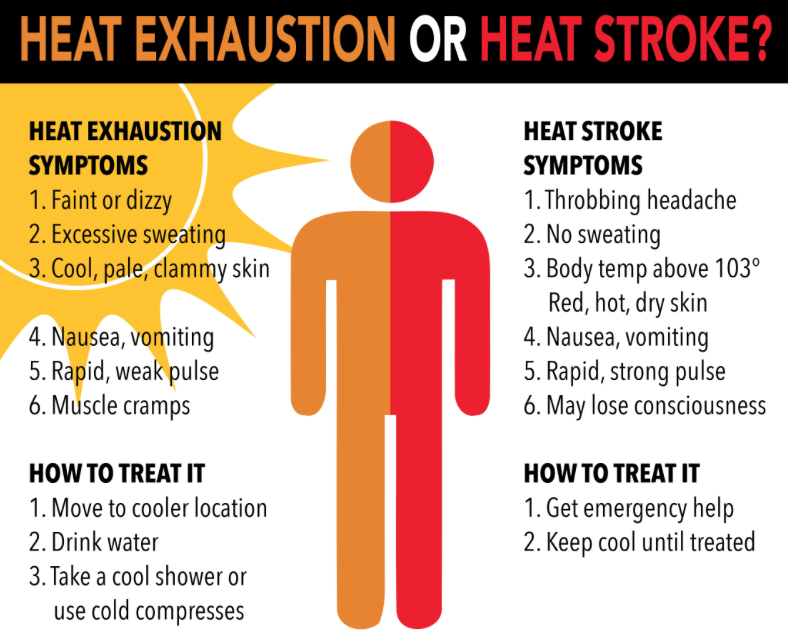
Preventing Heat Exhaustion
When the heat index rate is higher than normal, it is best to remain inside in air conditioning. If it is a must for you to go outdoors, you can still prevent heat exhaustion by following these steps:
- Wear light-colored, lightweight, loose-fitting clothing, and a wide-brimmed hat.
- Prefer using sunscreen with an SPF of 30 or even more.
- Take as much of extra fluids you can to prevent dehydration. Also drink plenty of fruit juice, vegetable juice, and water every day. Since heat-related illness also results from the salt depletion. So it is advisable to substitute an electrolyte-rich sports drink with water during the period of extreme heat and humidity. Ask your doctor regarding the best types of fluids that are easily available and in how much amount you should be taking it.
- A general advice for those who are doing moderate- to high-intensity workout is to drink at least 17 to 20 ounces of fluid, 2 to 3 hours before a workout, and also add another 8 ounces of water or any sports drink just before the exercise. During a workout, you should consume about 7 to 10 ounces of water in every 20 minutes, even if you are not feeling thirsty. Plus, drink another 8 ounces in next half an hour after the exercise.Also, follow additional precautions while exercising or working out outdoors.
Slash out fluids that contain caffeine or alcohol, since both substances can make you lose more fluids and may make the heat exhaustion worst. If you have heart or epilepsy, kidney, or liver disease, or on a fluid-restricted diet, or a have a problem with fluid retention, then you should check with your doctor before increasing fluid intake.
More in Health & Fitness
-
`
5 Seamless Ways to Minimize BBL Scars
Undergoing a Brazilian Butt Lift (BBL) is an exciting decision for enhancing your body contour. However, BBL scars can be a...
July 12, 2024 -
`
Best Places for Birthday Party Fun for All Ages
Celebrating your birthday at an exciting venue can add that extra spark to your special day, whether you’re with family, friends,...
July 2, 2024 -
`
Skincare for Sensitive Skin: Top 6 Products to Try
Taking care of sensitive skin can be a challenge. With so many products on the market, finding the right ones that...
June 28, 2024 -
`
How to Build Muscles & Gain Mass After 50
Are you wondering how to build muscle mass after 50? You are not alone. Many people think that hitting the big...
June 20, 2024 -
`
How to Speed Up Your Nose Job Recovery Time
Undergoing a rhinoplasty is an exciting step towards a new appearance, but it comes with a recovery period that requires patience...
June 15, 2024 -
`
Best Tattoo Ideas for Women With Meaning
Are you on the hunt for tattoo ideas for women with meaning? Tattoos are more than just body art; they’re personal...
June 4, 2024 -
`
What Are Actives in Skin Care Products and How Do They Work?
Have you ever sifted through a sea of beauty blogs and stumbled upon the term “actives”? Maybe you’ve seen advice on...
May 31, 2024 -
`
How Long Can Pre Workout Last? Find Out Now!
You lace up your sneakers, pull on your workout gear, and glance at the clock. It’s almost time to hit the...
May 23, 2024 -
`
How Often Should You Get Botox Injections? A Comprehensive Guide
If you’ve ever considered the wonders of Botox, you’re likely familiar with its ability to smooth away those pesky forehead wrinkles...
May 16, 2024
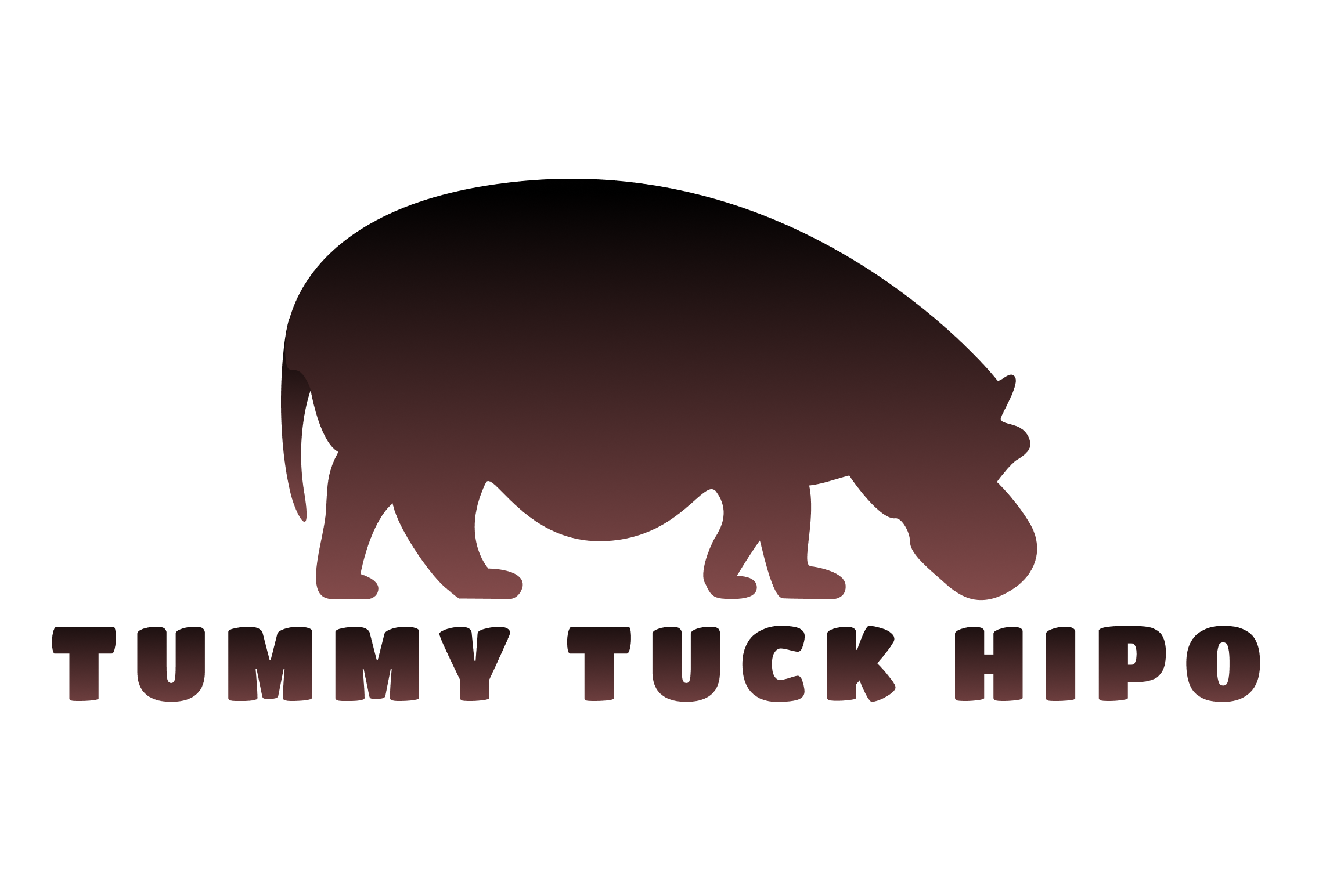



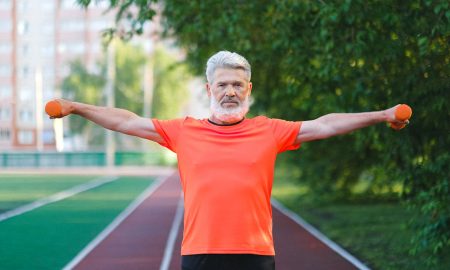
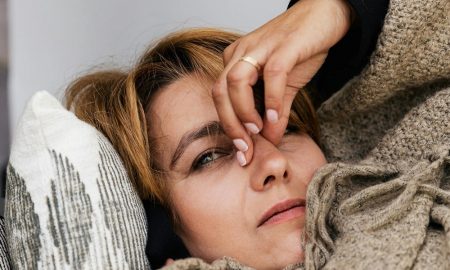
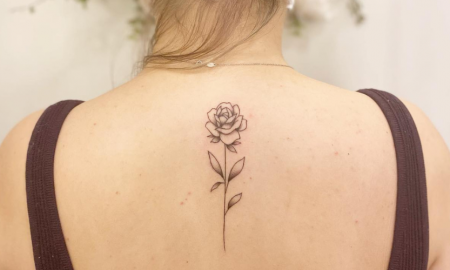
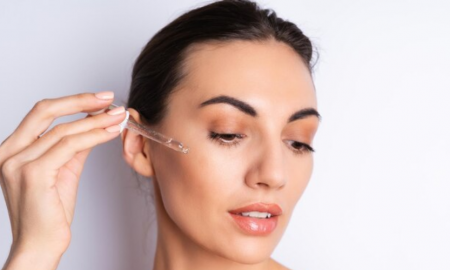
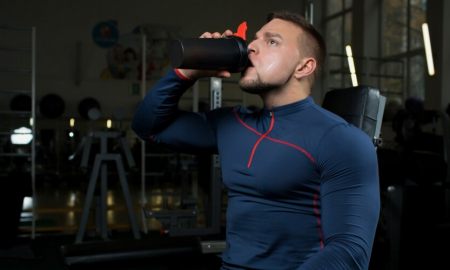
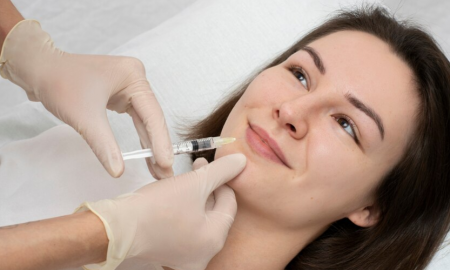
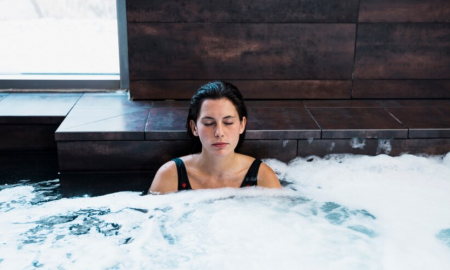
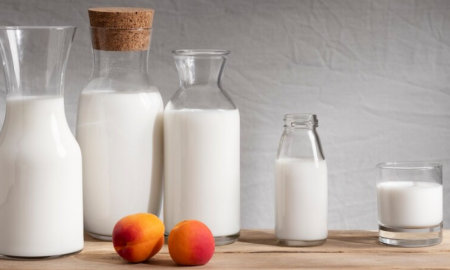
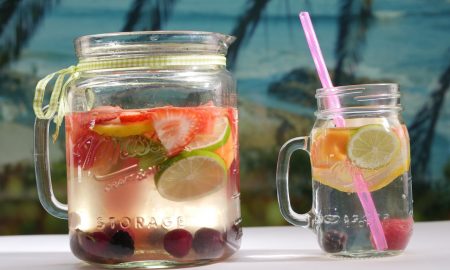
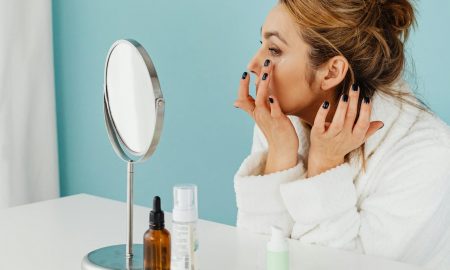
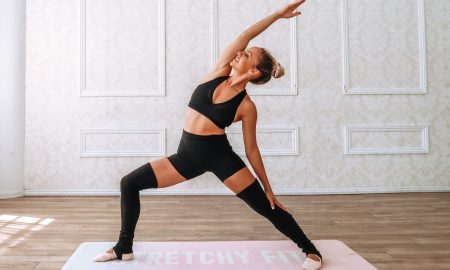
You must be logged in to post a comment Login